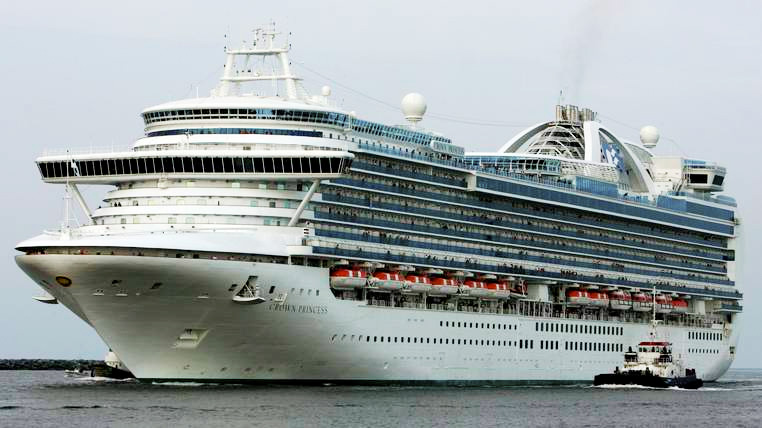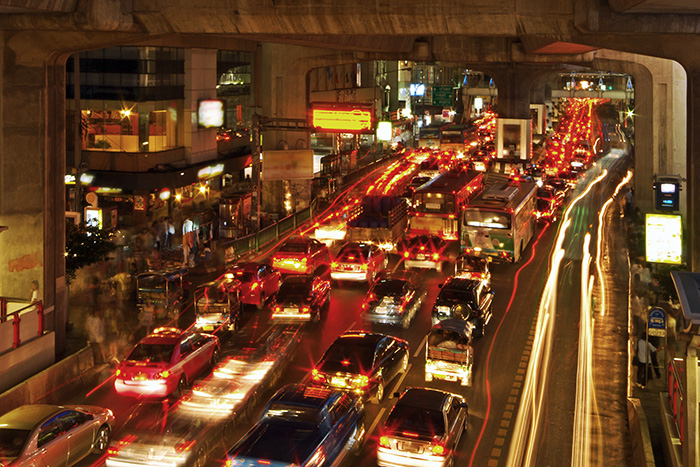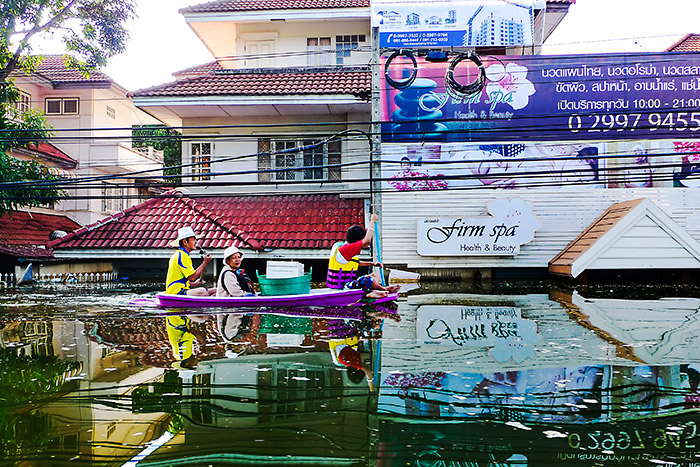A trip abroad, whether it is for business or pleasure, can take months of planning and can be ruined in an instant.
The news, recently, that a month-long cruise around the Pacific had to be curtailed due to an outbreak of the norovirus (also known as winter vomiting disease, 24-hour stomach flu, and “it makes you so sick you will wish you were dead”), should be a reminder to us all to secure good travel insurance before any trip – no matter how safe we think we are going to be.
Cruise ships generally provide a safe, healthy environment for their passengers; and while health-related incidents are infrequent, an outbreak of something like the norovirus has a way of affecting hundreds of people.
It is actually the most common stomach bug in the UK, affecting up to one million people each year. It is also highly contagious, so in the close confines of a cruise ship the virus passes very easily and it can end up affecting hundreds. In fact, just to keep track of all the reported outbreaks on cruise ships, the Atlanta based Centers for Disease Control and Prevention (CDC) maintains a specialist website and which reveals this was the 9th major outbreak aboard cruise ships in 2014.
Unfortunately, when something like this happens, apart from the fact that many people get sick and have their holiday spoiled, the trip itself may have to be cut short. And whilst in the case of the Crown Princess there is likely to be some compensation from the cruise ship operator, a food-related incident like this can happen anywhere and the knock-on effects can result in all sorts of additional costs being incurred:
- the transportation costs alone can be substantial if the illness is serious and local hospital facilities are inadequate;
- changes to flight dates will generally attract additional costs if you have to return home on a different date;
- additional accommodation charges will be incurred if you need to spend unscheduled nights in a hotel;
- hefty medical bills in the event of sickness can make you feel even worse.
A good travel insurance policy can provide financial protection against all of these eventualities, and a brief summary of what is available is highlighted here.
Emergency Evacuation and Repatriation
If you become ill and the medical facilities nearby are not adequate to deal with the condition, a good policy will cover all transportation costs necessary to get you to the nearest suitable hospital where appropriate care and facilities are available. And, if it is necessary, once your condition has stabilized a good policy will also cover repatriation to your home country.
Medical Coverage
The cost of medical treatment anywhere these days can be expensive. So, select a travel insurance policy which covers you for medical treatment whilst you are overseas and when you return, just in case you need to have some follow-up treatment. The costs can soon mount up as one Canadian couple recently found out when they went to Hawaii and the wife gave birth prematurely.
The medical and transport bill? . . . Nearly a million dollars!
Cancelling or cutting a trip short
Any decent travel policy will compensate you for cancelling or cutting a trip short even if you are not the one that is ill. Any irrecoverable portion of prepaid costs of your trip in respect of travel and accommodation can be reimbursed. However, do check the limits on the plan you are selecting to make sure that they are adequate.
Although having a good travel insurance policy cannot turn a bad travel experience into a good one, it can prevent your holiday horror story from becoming a financial nightmare.








